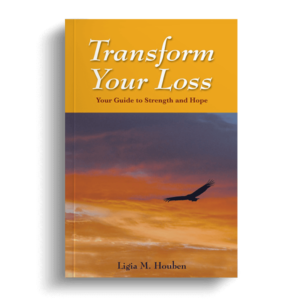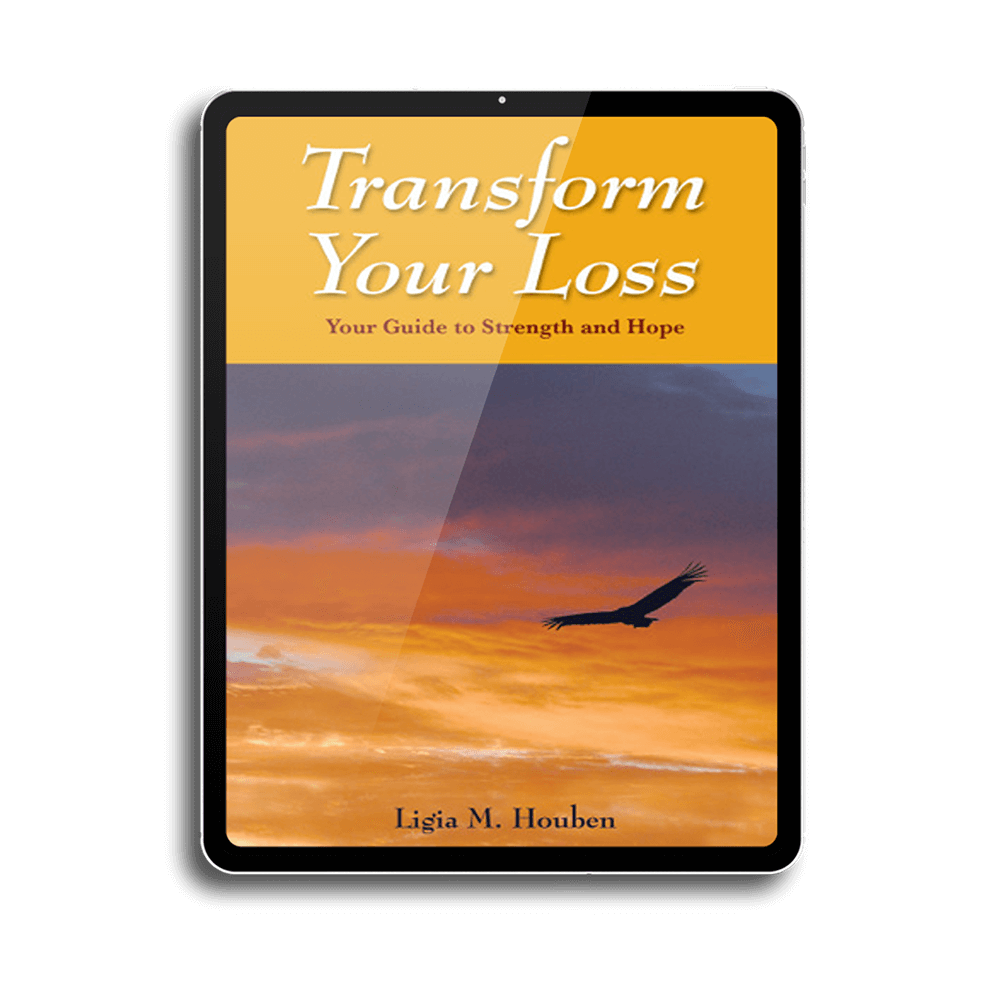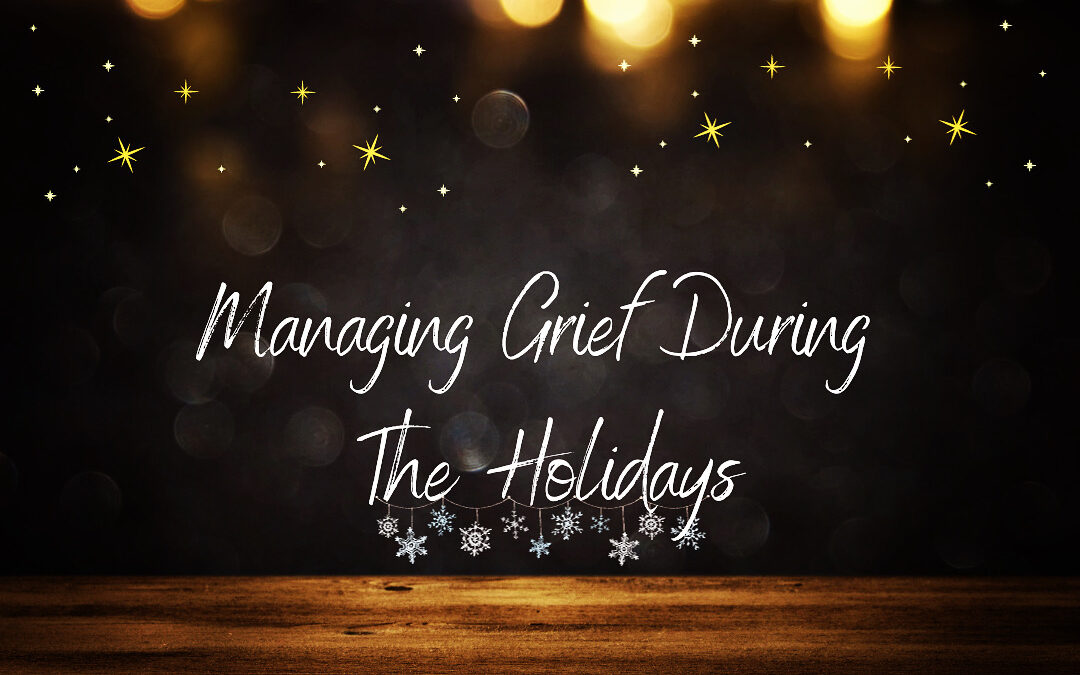
by Ligia Houben | Nov 27, 2023 | Blog US
As we have recently started our Holiday Season with Thanksgiving, it’s a time to gather with loved ones, celebrate, and enjoy. However, for those who have recently lost a loved one, this season may feel empty and challenging. It’s important you recognize and validate your feelings and connect with family and friends.
Coping with Loss During the Holidays
You cannot change what has happened, but you can still find new meaning during these special days. Even if you don’t feel like celebrating, you can remember your loved one in meaningful ways, such as creating rituals.
Creating Rituals
– Light a Candle: Light a candle in remembrance as you gather with your family.
– Share Memories: Sharing special memories can be a powerful way to honor your loved one.
– Memory Chest: Place a chest in the living room where family and friends can share anecdotes.
Starting New Traditions
In many families, a particular person leads the celebrations. Their absence can be deeply felt, but this also opens up the possibility of starting new traditions.
– Elissa’s Story: Elissa, a Lebanese American, celebrates Thanksgiving with a stuffed lamb instead of turkey to honor her Lebanese father.
– Hortensia’s Tradition: Hortensia, from Venezuela, continues her mother’s legacy by cooking pernil de cerdo al horno (oven-roasted pork) every Christmas.
Preparing for the First Celebration Without Your Loved One
The first holiday season without your loved one can be particularly challenging. Preparation and finding meaning in these days are essential.
Dealing with Grief
– Some people might turn to alcohol or drugs, but this is not a healthy coping mechanism.
– Prescription drugs might help some manage grief-related anxiety or depression.
– Spirituality and participating in rituals can offer solace.
– Counseling or griefwork can provide guidance and support.
Validating Different Kinds of Losses
Besides the loss of a loved one, other transitions can affect our holiday joy:
– Job loss, financial difficulties.
– Mental and physical illnesses.
– Loneliness, depression, anxiety.
– Relocating to a new place.
– Family disharmony.
– Relationship breakdowns.
– Loss of a pet.
Communicating Needs and Transforming the Season
Communicate your needs with others, take care of yourself, and consider using this time to grow closer to loved ones or serve others.
– Spend time with children or elderly who might need attention and care.
– Remember, giving from the heart means more than material gifts.
Final Thoughts
Though the holidays can be difficult, they also offer opportunities to share time with special people in your life. By transforming your loss, you can change your life.
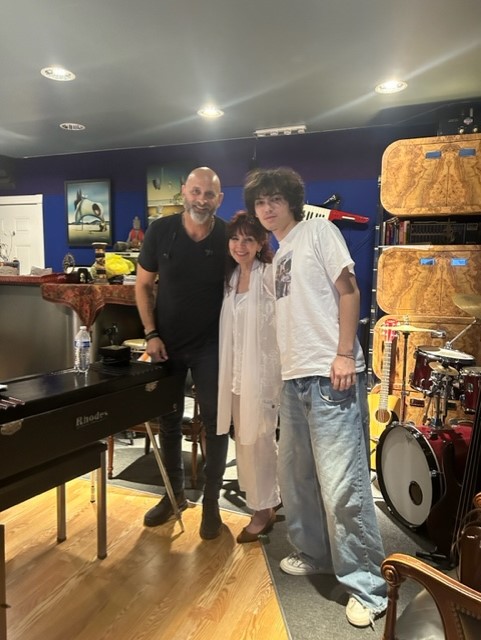
by Ligia Houben | Nov 26, 2023 | blog, Blog US
Introduction
Grief is a journey with unique paths, and it was uniquely challenging for Leonidas Reimer, a young adolescent. Losing Kennedy, his girlfriend, to suicide, Leonidas found himself engulfed in a sea of emotions. However, in the depths of his sorrow, he discovered solace and expression through music. His story is one of healing and transformation, a narrative that resonates with the power of purpose and passion. Although Leonidas’ world turned upside down when he lost Kennedy, he was determined to channel his pain into something meaningful.
The Healing Power of Music
Music became Leonidas’ refuge, and he started working on his album, “Songs for a Long Train Ride Home.” He poured his heart into melodies and lyrics, each note a step towards healing. His songs, raw and honest, are a tribute to Kennedy; they are a way to keep her memory alive.
Because music is his passion, I wanted him to meet Marlow Rosado, an amazing human being and accomplished musician. He is the winner of two Grammys and producer of my upcoming audiobook in Spanish, “Déjame vivir mi duelo…y sanar de adentro hacia afuera” (Allow Me to Grieve…and Heal From the Inside Out). Leonidas visited Marlow’s studio when we were recording, and he had the opportunity to learn from Marlow’s experience and share his story.
In the sanctuary of Marlow’s studio, surrounded by instruments and echoes of creativity, Leonidas shared his album “Songs for a Long Train Ride Home.” Marlow listened to Leonidas’ journey, and with an open heart, he offered more than just musical advice; he provided sensitive insights on healing through purpose. Leonidas’ encounter with Marlow was profound as it confirmed his mission: to use his music as a beacon for others traversing the dark waters of grief. It touches my heart to see how Leonidas has embraced the transformative power of music, demonstrating how it can be a vessel for grief, carrying it from the shadows into the light.
Leonidas’ story is a poignant reminder that a melody of hope can emerge in the depths of despair. Through his music, he honors Kennedy’s memory and offers a guiding light to those who have experienced similar loss. Furthermore, his journey continues after his music. He is also working on a film, “The Kennedy Project,” to introduce a proactive stance to suicide prevention.
Reflection
Grief is a profound and complex emotional response to loss, particularly when we lose someone significant in our lives. Although the process varies significantly from person to person, being witnessed in grief is crucial. What helps the most is to express our emotions in a safe and understanding environment, validating our feelings and experiences. Healing from grief is a gradual process of re-engaging with life, finding new meanings, and living life with a renewed sense of purpose.
As I reflect on Leonidas’ journey, I am confident he will continue showing the resilience and compassion of his human spirit, and his ability to find solace and meaning in creativity.

by Ligia Houben | Feb 17, 2021 | Blog US
Pain is inevitable. Suffering is Optional.
Haruki Murakami
Often in our lives, we go through situations that may cause us pain, and instead of letting go of this pain, we keep it in our hearts and ask ourselves, Why me? It is natural and human to resist pain; however, if you continue asking ourselves that question, we may stay stuck in the suffering.
If we keep it in our hearts, we continue feeding the pain instead of lessening it, and it becomes more significant, stronger, and more powerful. It may even control our moods, our interpersonal relationships, and the quality of our lives.
Do you want this to happen? Do you want to perpetuate this feeling in your heart? Or are you ready to let go of past losses or regrets? It depends on what you want. It will depend if you open your heart and welcome the possibility of being happier or if you remain to be stuck, bitter, and upset.
The first thing you can do to let go of any suffering is deciding to let it go. Keep in mind that we do not have control over many events in our lives. However, we always have control over our thoughts. After validating and processing your pain (writing, talking to someone, doing some rituals), choose an emotion you want to feel instead. At this moment, I am grieving the loss of my beloved mother. I know facing a significant loss is painful, still, because I want to continue honoring her, I choose to have peace in my heart.
How can you transform your suffering?
What emotion do you want to experience instead?
As you transform your loss, you transform your life.
Ligia M. Houben
www.the11principlesoftransformation.com
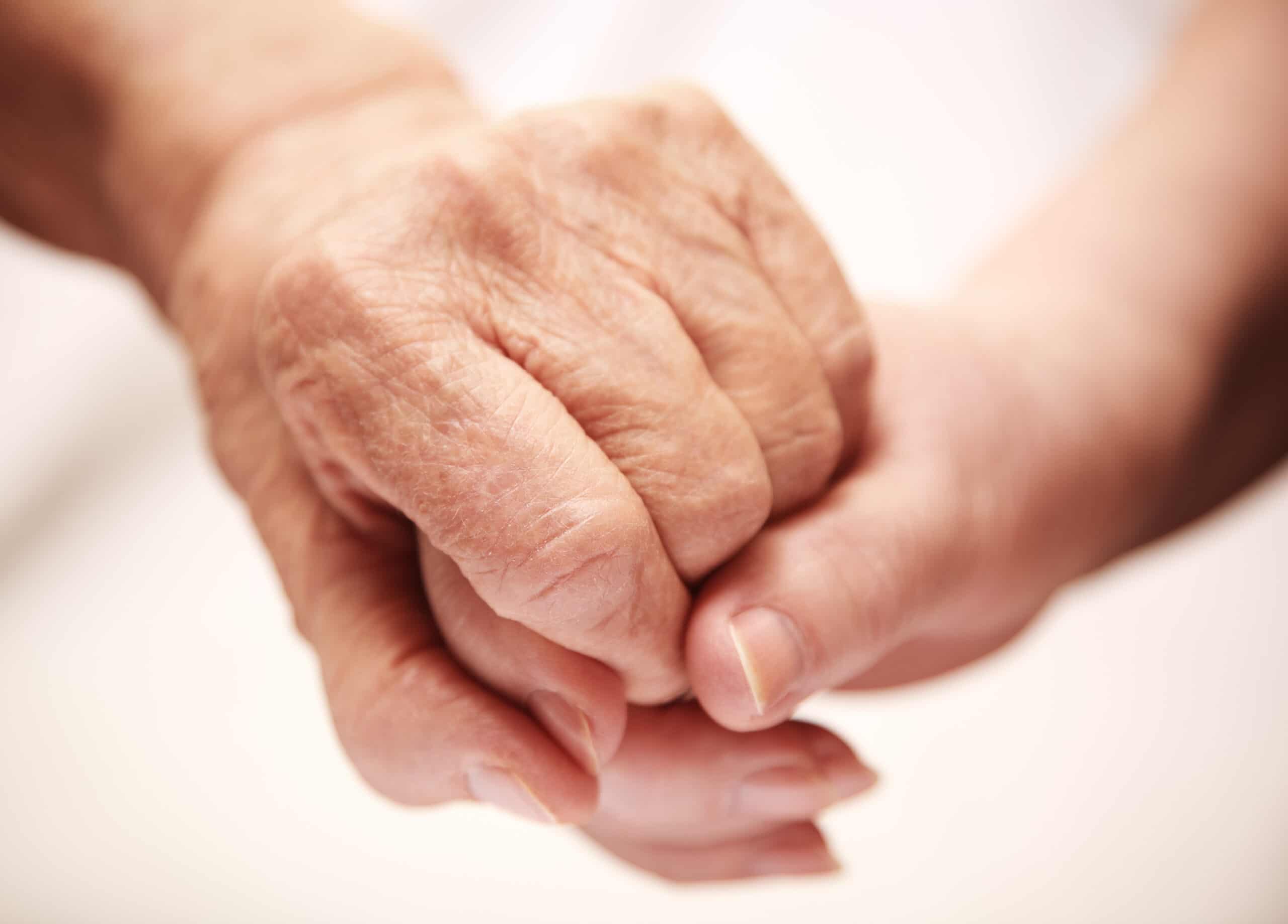
by Ligia Houben | Sep 18, 2020 | Blog US
Grief is a personal experience. Because we are unique human beings, our grief is unique.
Although we may think we know what the other person is feeling, we do not. Grief is very subjective and we can only understand or empathize, but we cannot really know what they are experiencing internally. What happens when the bereaved is your loved one?
What can you say? What can you do to make them feel better?
When we deal with our own grief, we may know what helps us or what to do to process it. In the case of another person, we may tell them what has helped us and what may help them, but we cannot do it for them. They have to go through their own process and during that time is when your own grief becomes real. It hurts you to see them grieving. You may feel impotent as you are not able to take the pain away from your loved one; it becomes heavy because it adds extra pain to yours; You may become impatient when you lack the understanding of their grief; and, finally, you may humble yourself when you realize you do not have the power to make it disappear.
You can only be present with love, compassion, empathy, patience, and hope.
As you transform your loss, you transform your life.
Ligia M. Houben

by Ligia Houben | Jul 7, 2020 | Blog US
I understand you, if when you want to say her name, you feel like a lump in your throat.
I understand you, when you look at the phone, thinking that you are going to receive a message from her.
I understand you, when you feel that weight in your soul, when realizing that she is not by your side
I understand you, when suddenly for no reason you start crying
I understand you, if you avoid going home so you do not have to face the emptiness
I understand you, if at nightfall you need a good night kiss
I understand you, if at the beginning of the day you need to say that prayer
I understand you, if sometimes you wonder who you are now
I understand you, if the emptiness you feel inside, you feel it physically
I understand you, if in the middle of a conversation a memory comes to you, and a tear comes out
I understand you, if when visiting places, you frequented together, you feel your heart jumping
I understand you, if suddenly you get a feeling of being numb, and you feel floating
I understand you, if you want to turn back time, and even if it was just one more time, receive her hug
I understand you…
Ligia M. Houben






